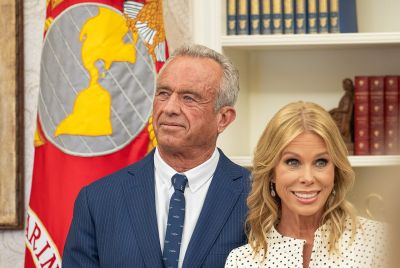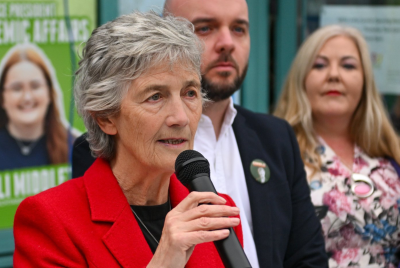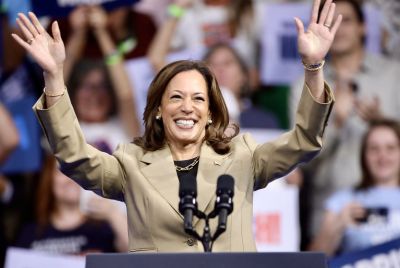Tony Benn: His Life and Legacy
Tony Benn was one of the most popular and well-known UK politicians in the 20<sup>th century, a Labour politician who served in the cabinet of both Prime Ministers Harold Wilson and James Callaghan, and a major voice of the radical left in later years.
Born Anthony Neil Wedgwood Benn in London in 1925, Benn grew up in a political household with his father, William Wedgewood Benn, a Liberal then later Labour MP.
He went to Westminster School before attending New College, Oxford, where he read Philosophy, Politics and Economics. After serving in the RAF during the Second World War, he returned to Oxford and graduated in 1948.
A year later he married wealthy American educationist Caroline Middleton DeCamp, with them brining up a daughter and three sons at their family home in west London. Benn entered Parliament as a Labour MP in November 1950.
He came from a privileged background, and when his father died in 1960, he was disqualified from remaining an MP and had to take a seat as a peer in the House of Lords. Benn refused, and after a three year struggle managed to gain government support for the peerage bill that allowed him to renounce his title.
He returned to the commons in 1963, and served as Minister of Technology, Industry and Energy in both the Wilson and Callaghan Cabinets.
But it was in the 1970s that Benn became a vocal figure for the radical left at a pivotal moment for British politics.
Standing in opposition to Thatcherism, he supported unilateral nuclear disarmament and said that all wars represent a failure of diplomacy. He also opposed joining the Common Market and backed the miners' strike.
A prominent backbench critic of both the Conservatives and New Labour in later years, in 2001 he retired from the Commons to in his own words: 'devote more time to politics'. He was a prominent campaigner against involvement in Iraq, becoming president of the Stop the War Coalition.
Aside from his work in Westminster, he released volumes of his diaries during his time in office, a flood of fascinating information about his career that helped shaped his political legacy.
© Copyright IBTimes 2025. All rights reserved.






















